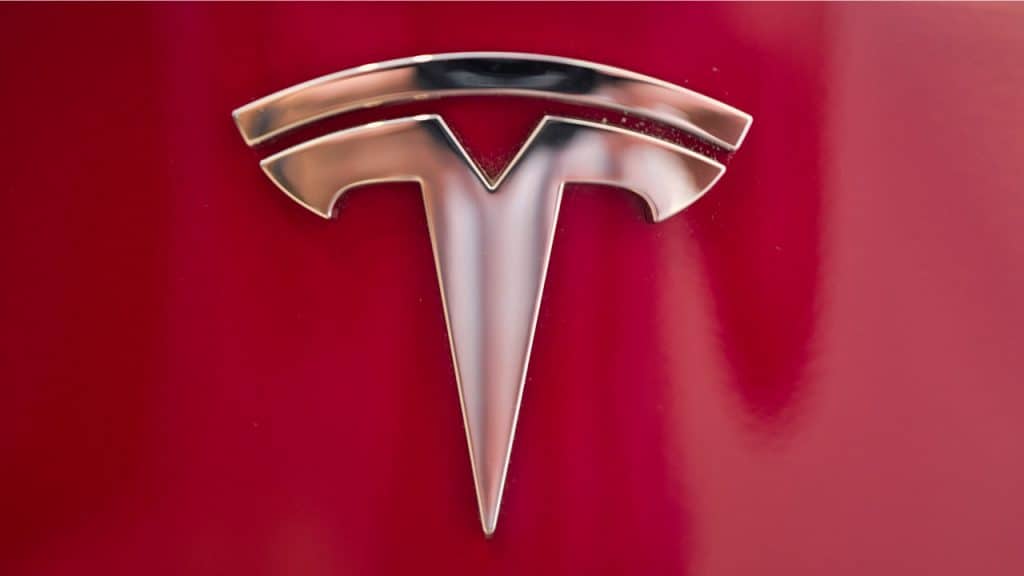When it comes to electric vehicles, Tesla is a force to be reckoned with. However, traditional auto manufacturers are quickly catching up with the American company. The best inline is Audi, the German automaker that is making headlines with its e-Tron.
Why is the brand faring in the market?
The EV market is still maturing, and the first vehicle from traditional automakers that are giving Tesla some serious competition is Audi’s e-Tron. The $75,000 car is Audi’s first venture into electric automotive, and the bet has finally started to pay off. Currently, the car contributes 5% to the company’s sales mix.
In the US, the company sold 856 e-Trons in May alone. Tesla still took the lead as it sold 1000 units during the same month. However, if the German automaker is compared with Jaguar I-pace, the difference is clear. I-Pace sold only 228 units in May.
However, from a more comprehensive perspective, e-Tron’s numbers don’t look too small. May was the first month that the car was available at dealerships in the US. The performance specs of the vehicle rival that of its combustion-engine peers from the same parent. It comes with 400-horsepower running on a 95-kWh battery. It offers an off-road mode and all-wheel drive and comes with a 4,000-pound towing capacity too. Audi’s statement luxury is visible with the walnut wood trim and leather interiors.
Why is the e-Tron a special car?
According to Ed Kim, vice president of industry analysis at AutoPacific, e-Tron ends the auto industry’s years-long search for a credible Tesla rival. He said,
“The Audi E-Tron is among the first to meet Tesla head-to-head with a luxurious long-range product. The E-Tron has the usual levels of Audi fit and finishes, something all Tesla products are lacking in, and it looks nice.”
The car comes with its own shortcomings. It has a shorter 204-mile range when compared with Jaguar I-Pace, Model X and two upcoming models- M-Byte from Byton, a Chinese auto company and the highly anticipated EQ C from Mercedes-Benz. The good news is that the car charges quickly and adds 54 miles for every 10 minutes of charge. Within 30 minutes, a user can charge their car up to 80% of its battery-range.
To combat its American rival, the German automaker is teaming up with Electrify America to bring up a network of 300 highway charging stations. Another 650 chargers will be put up at metro locations by the end of 2019.
Trusted & Regulated Stock & CFD Brokers
What we like
- 0% Fees on Stocks
- 5000+ Stocks, ETFs and other Markets
- Accepts Paypal Deposits
Min Deposit
$200
Charge per Trade
Zero Commission on real stocks
64 traders signed up today
Visit Now67% of retail investor accounts lose money when trading CFDs with this provider. You should consider whether you can afford to take the high risk of losing your money.
Available Assets
- Total Number of Stocks & Shares5000+
- US Stocks
- German Stocks
- UK Stocks
- European
- ETF Stocks
- IPO
- Funds
- Bonds
- Options
- Futures
- CFDs
- Crypto
Charge per Trade
- FTSE 100 Zero Commission
- NASDAQ Zero Commission
- DAX Zero Commission
- Facebook Zero Commission
- Alphabet Zero Commission
- Tesla Zero Commission
- Apple Zero Commission
- Microsoft Zero Commission
Deposit Method
- Wire Transfer
- Credit Cards
- Bank Account
- Paypall
- Skrill
- Neteller
What we like
- Sign up today and get $5 free
- Fractals Available
- Paypal Available
Min Deposit
$0
Charge per Trade
$1 to $9 PCM
Visit Now
Investing in financial markets carries risk, you have the potential to lose your total investment.
Available Assets
- Total Number of Shares999
- US Stocks
- German Stocks
- UK Stocks
- European Stocks
- EFTs
- IPOs
- Funds
- Bonds
- Options
- Futures
- CFDs
- Crypto
Charge per Trade
- FTSE 100 $1 - $9 per month
- NASDAQ $1 - $9 per month
- DAX $1 - $9 per month
- Facebook $1 - $9 per month
- Alphabet $1 - $9 per month
- Telsa $1 - $9 per month
- Apple $1 - $9 per month
- Microsoft $1 - $9 per month
Deposit Method
- Wire Transfer
- Credit Cards
- Bank Account



